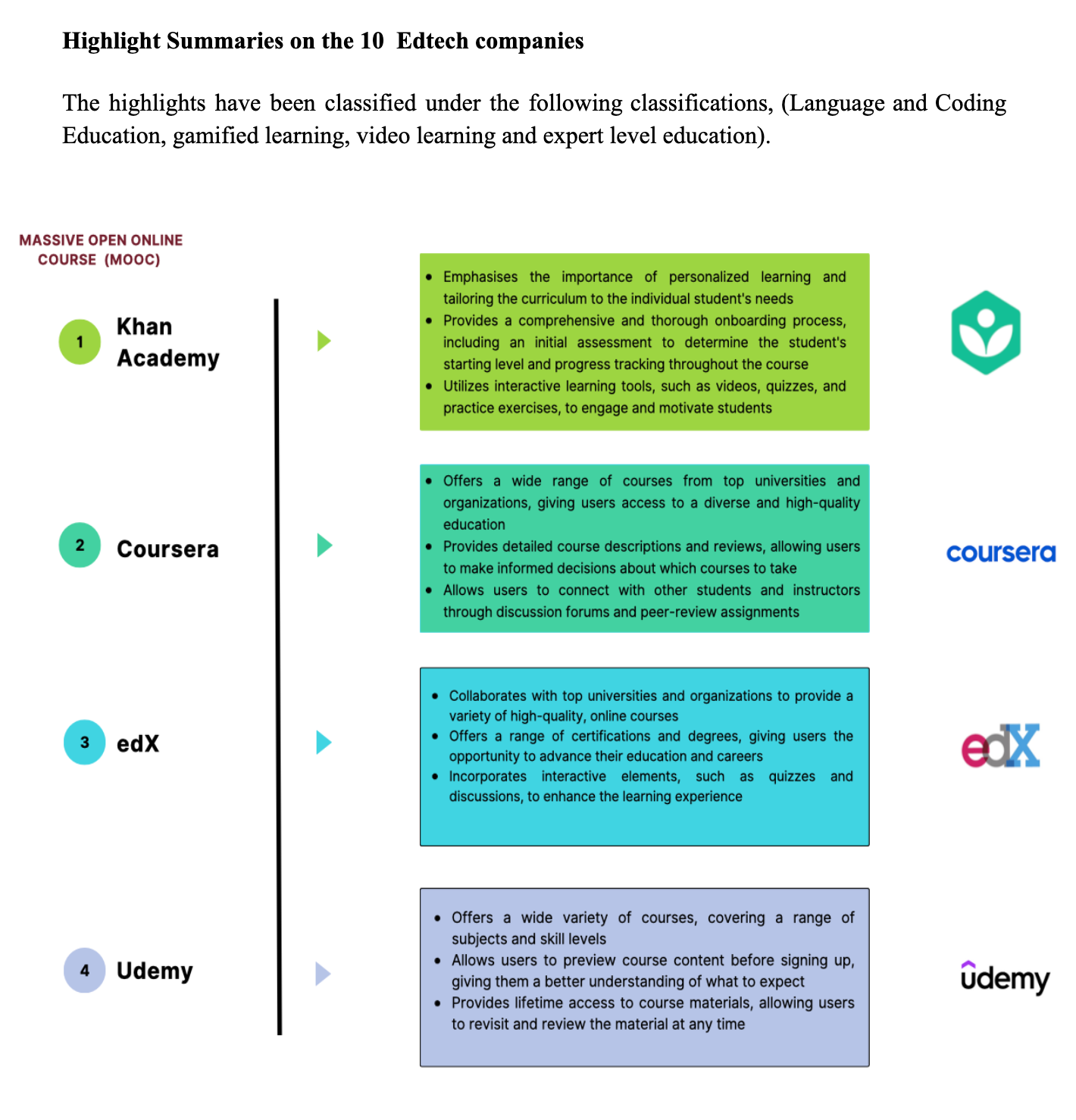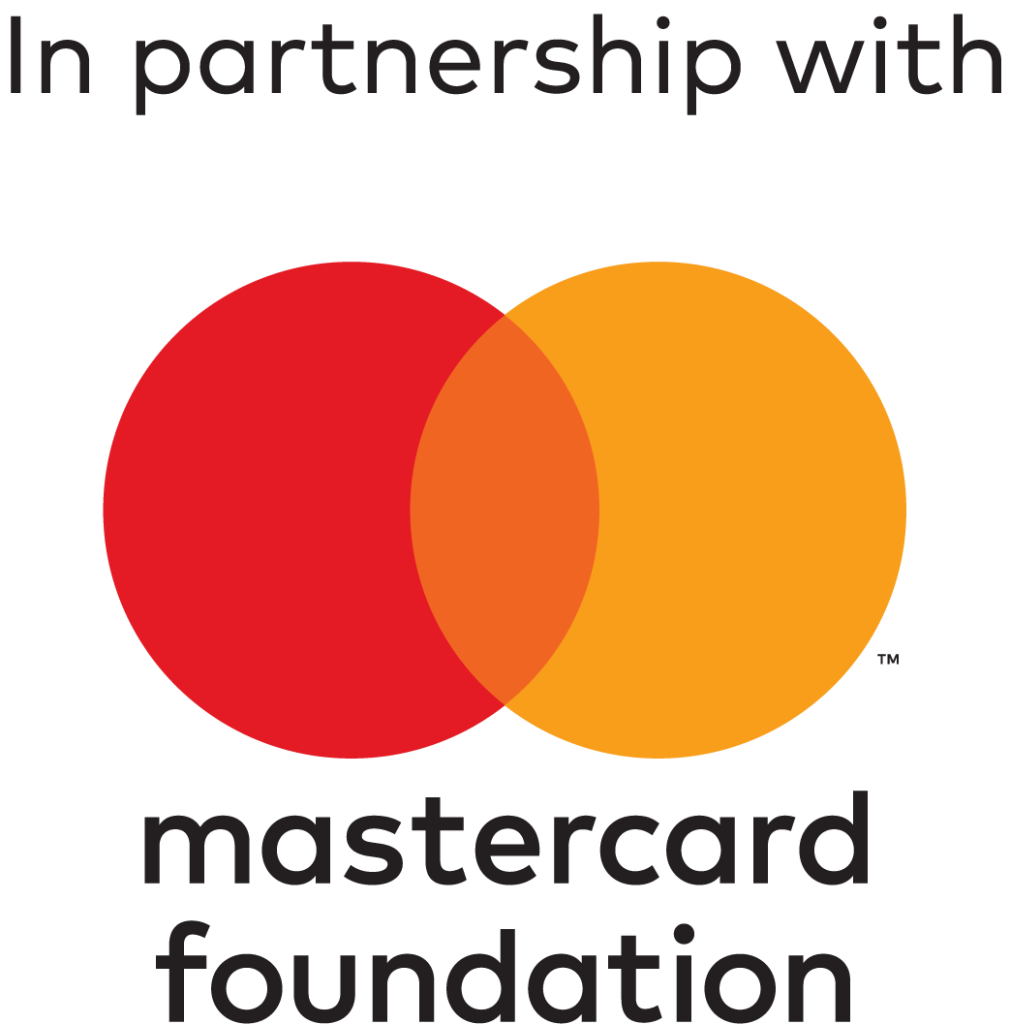A Snapshot of Onboarding Strategies of Selected Edtech Companies
Research at CcHUB
Introduction
Onboarding strategies are essential for any company or organization that wants to keep new clients or users. The actions taken to introduce and integrate new customers or users into the company’s systems, goods, and services are referred to as the processes. They are intended to provide new consumers or users with a smooth and good experience when utilizing the company’s products or services.
One of the primary advantages of onboarding processes is that they help to reduce client or user churn. The pace at which consumers or users discontinue utilizing a company’s products or services is referred to as churn. Customers and users who have been effectively onboarded are more likely to understand how to use the products or services and are less likely to encounter problems and as a result, they are more satisfied and are less likely to quit their membership or account. Customer retention is also aided by onboarding methods. When new customers or users have a great onboarding experience, they are more likely to use the company’s products or services in the future. This is due to their thorough awareness of how the products or services function and how they might benefit from them.
Another advantage of onboarding processes is that they might aid in the improvement of customer engagement. Customers and users are more likely to feel like they are part of the company’s community when they are properly onboarded. This results in increased engagement and a closer connection to the company’s brand. Finally, onboarding practices can contribute to higher client lifetime value. Customers or users who are effectively onboarded are more likely to use the company’s products or services for an extended period of time. This results in more revenue for the company and a higher return on investment.
In this analysis piece, we compared ten edtech businesses and their onboarding processes, highlighting variations, parallels, and reflection on the lessons we can learn from their onboarding strategies.





Comparative Analysis of the Onboarding Processes
MOOC – (Massive Open Online Course)
Khan Academy, Coursera, edX, and Udemy are all MOOC (massive open online course) platforms that offer a wide variety of courses on different subjects. The onboarding process for these platforms is quite similar as they all require users to create an account, select a course, and begin learning. However, Khan Academy and Khan Academy Kids have a slightly different onboarding process as they are geared towards younger learners. Khan Academy Kids requires a parent or guardian to create an account and set up the child’s profile, while Khan Academy offers a more traditional sign-up process for older learners.
(Language and Coding Education)
Code Academy and Duolingo are both focused on helping users learn coding and language skills, respectively. The onboarding process for these platforms is also quite similar, as users are required to create an account, select a course, and begin learning. Both platforms offer interactive and engaging learning experiences, with Code Academy focusing on coding skills and Duolingo focusing on language learning.
(Learning Gamification)
Quizlet is a platform that offers a variety of study tools, including flashcards, quizzes, and games. The onboarding process for Quizlet is relatively simple, as users are required to create an account, select a course, and begin studying. However, Quizlet is unique in that it also allows users to create their own flashcards and quizzes, which is a great feature for students and teachers.
(Video Learning)
TED-Ed is a platform that offers a variety of educational videos and resources on different subjects. The onboarding process for TED-Ed is quite simple, as users are not required to create an account or sign in to access the videos. However, users can create an account and save their favorite videos for easy access later.
(Expert Level Education)
Masterclass is a platform that offers a variety of online classes taught by experts in their field. The onboarding process for Masterclass is quite similar to that of Khan Academy, Coursera, edX, and Udemy, as users are required to create an account, select a course, and begin learning. However, Masterclass is unique in that it offers a more personalized learning experience, with classes taught by experts in their field.
Synthesis of takeaways from the Onboarding Process of the ten Edtechs reviewed
- Provide detailed instructions on how to use the platform. Khan Academy, for example, features a straightforward and user-friendly interface that makes it simple for new users to navigate.
- Provide a wide range of learning materials and resources. Coursera, for example, has a diverse choice of courses and specialties, making it simple for new users to find something that piques their interest.
- Allow users to personalize their learning journey. For example, edX allows users to go at their own pace, making it simple for new users to get used to the platform.
- Make your content interactive and entertaining. For example, Udemy provides interactive quizzes and exercises to keep new customers interested.
- Create a welcoming environment. Code Academy, for example, provides a user community that may support and assist one another.
- Provide a number of languages. Duolingo, for example, provides classes in different languages, allowing new users to easily select a course in their favorite language.
- Give students a variety of evaluation opportunities. Quizlet, for example, provides a variety of evaluations like flashcards, quizzes, and games.
- Provide content that is appropriate for the age group. Khan Academy Kids, for example, provides information tailored exclusively to younger children.
- Make available a range of informative videos. TED-Ed, for example, provides a diverse selection of educational videos that are both understandable and entertaining.
- Provide a diverse range of teachers and specialists. Masterclass, for example, provides courses taught by a diverse range of experts and professionals, making it simple for new users to discover an instructor with whom they connect.
Conclusion
In conclusion, the onboarding process for new users is crucial for ensuring a positive and successful experience for both the user and the company. By implementing a well-designed onboarding process, Edtech companies can provide clear and concise instructions, educate users on the features and benefits of the product or service, and provide a smooth transition into the product or service. Furthermore, by monitoring and analyzing the onboarding process, companies can identify areas for improvement and make necessary adjustments to ensure that the onboarding process is as effective as possible. Overall, a well-designed onboarding process can lead to increased user satisfaction, retention, and ultimately, revenue for the company.


